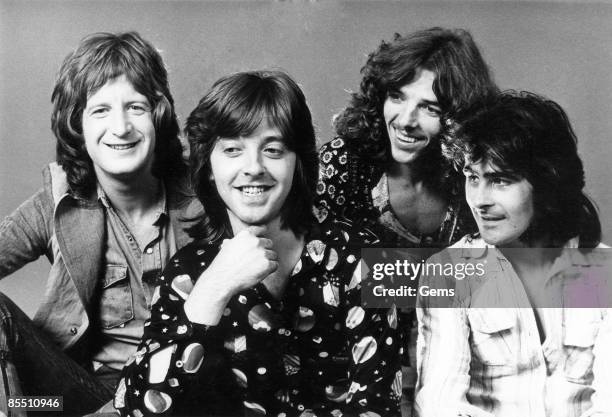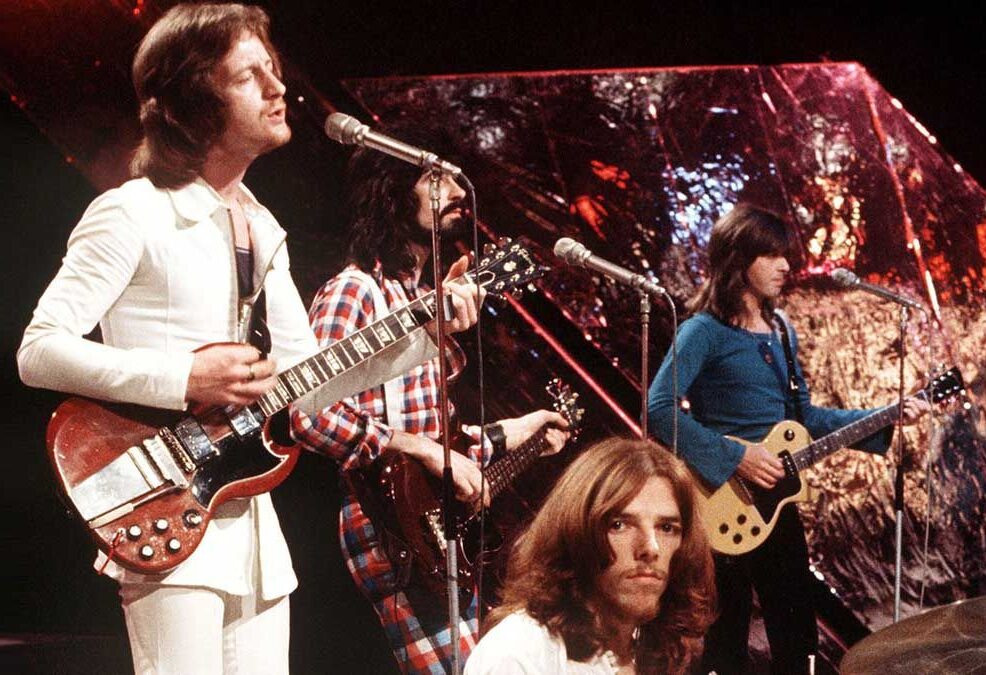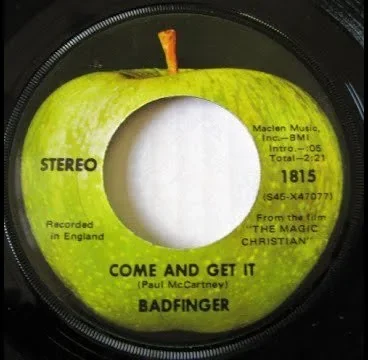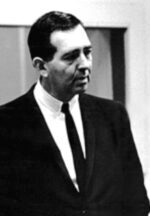The Tragic Saga of Badfinger, Once Pegged as the ‘Second Beatles’
Litigation, crooked management, and bad luck sealed Badfinger’s fate. Two band members took their own lives.
Prologue
It was 50 years ago, April 23, 1975, when a stunned Ann Harriot found her husband Pete Ham hanging from a noose in their London garage. She found a note on a table next to Ham’s lifeless body that read, “I will not be allowed to love and trust everybody. This is better. Pete.” The note added, “PS Stan Polley is a soulless bastard. I will take him with me.”
Ham was three days shy of his 28th birthday. We’ll get to Stan Polley, Badfinger’s manager, whose fraudulent expropriation of funds due band members left a trail of financial ruin.
Tragedy would strike again on November 19, 1983, when Badfinger bassist Tom Evans hanged himself from a tree in a garden outside of his Richmond, England, home. Evans was facing a bitter dispute over songwriting royalties for “Without You,” which he co-wrote with Pete Ham, and which became a monster hit for Harry Nilsson.
How did it come to such an unfortunate end for a band once anointed “the Second Beatles,” with multiple hit singles and a recording contract with Apple Records? Badfinger is a real-life rock ‘n’ roll tragedy.
The Beatles Connection
Badfinger’s roots go back to the early ’60s in the Welsh coastal village of Swansea. Peter Ham formed a band called the Iveys and dreamed of performing on the London circuit, opening for the likes of the Who, the Yardbirds, and the Spencer Davis Group. The Iveys would wait a few years for their lucky break.
On January 25, 1968, Beatles road manager Mal Evans and Apple Records A&R chief Peter Asher happened to catch the Iveys perform at the venerable Marquee Club. Sufficiently impressed, Evans got hold of an Iveys demo tape and played it to each Beatle, who collectively owned Apple Records. The Iveys became the first non-Beatles recording artist to sign with Apple.
Badfinger Gets Its Name
The Beatles often assigned odd titles to songs in development. During the Sgt. Pepper sessions, the song “With a Little Help from My Friends” was given the working title of “Bad Finger Boogie,” because John Lennon played the demo with an injured hand. Peter Ham and company realized that the name Iveys was a bit limp and lacked currency. The Beatles’ top assistant Neil Aspinall came up with a clever suggestion.
“Come and Get It”
With a cool name and a recording contract in hand, Badfinger went about finding a hit single. Luckily, they landed one “in-house.” Paul McCartney had written a ditty called “Come and Get It” for the Magic Christian, a forgettable movie starring Ringo Starr. McCartney presented the demo to Badfinger with one condition: the band must record it exactly as Paul wrote it.
Paul McCartney: “I said to Badfinger, ‘Okay, it’s got to be exactly like this demo because it has a great feeling to it.’ They actually wanted to put their own variations on, but I said ‘No, this is really the right way.’ They listened to me–I was producing, after all–and they were good.”
“Come and Get It” sold over a million copies worldwide and reached #7 on the Billboard charts.
Recording Success
Beatles engineer Geoff Emerick took over as Badfinger’s producer for their second album No Dice, which yielded “No Matter What” and “Without You,” the latter Paul McCartney ironically described as “the killer song of all time.” A follow-up album Straight Up, released in December 1971 and produced by Todd Rundgren, spawned the hits “Day After Day” and Baby Blue.”
“Baby Blue” caught a second wind in 2013 when producer Vince Gilligan selected the song for the final scene in the hit TV series Breaking Bad. Ten million viewers watched the episode. Here is a clip from that scene, with “Baby Blue” coming in at the 28-second mark, published by Rotten Tomatoes TV via YouTube.
The Decline and Fall of Badfinger
The End of Apple
It seemed Badfinger’s moment in the sun was over before it got started. Their record label was entrusted to American businessman Allen Klein, who promptly began purging Apple of those deemed not sufficiently loyal (see Peter Asher and James Taylor). “There wasn’t much promotion done,” remarked Pete Ham in 1971. “There suddenly wasn’t anyone at Apple to work on it.”
[Allen Klein] wanted us to start paying our own recording costs,” remembered guitarist Joey Molland. “He wanted us to take a cut in our royalties. And he wanted to keep all of our publishing.”
It was said that much of the money Badfinger earned from record sales was used to record and promote Yoko Ono’s solo albums, as Klein needed to be in John Lennon’s good graces.
Stan Polley
Badfinger had made a clean break from Allen Klein only to encounter another villain who would destroy them. After the Apple break-up, Badfinger sought new management and a fresh start. Stan Polley, a New York attorney who was manging Lou Christie and Al Kooper, came highly recommended. “You couldn’t help but like Stan Polley,” said drummer Mike Gibbins. “He could sell sand to an Arab.”
There was just one problem: Polley was a crook. Little did Badfinger know that in 1971, Polley was named in a US Senate investigation as an intermediary between organized crime figures and a New York Supreme Court judge.
Missing Money
There are at least two documented instances of Polley’s financial misdealing:
- A financial statement covering the period December 1970 to October 1971 listed the following split in earnings: salaries of $8,339 to Joey Molland, $6,861 to Mike Gibbins, $6,211 to Tom Evans, $5,959 to Pete Ham; net profit of $25, 569; and management commission of $75,744 to Stan Polley.
- When Badfinger signed with Warner Bros., the label advanced the band $250,000 and instructed Polley to set up a mutually-accessible account. Polley never disclosed the account’s whereabouts. The money disappeared. By 1974 Warner Bros. severed its relationship with Badfinger.
Polley died in 2009 in Rancho Mirage, California. He outlived Pete Ham by 34 years and Tom Evans by 26.
Coda
Joey Molland, the last surviving member of the original Badfinger, died recently, on March 1, 2025. Molland remembered the good days: “We were good friends. We enjoyed working together and we had a good way of working together. Nobody was the leader. We all had the same idea in mind: To be as good [a band] as we could be.”
After Peter Ham’s suicide, Badfinger broke up, its surviving members flat broke. In the early ’80s, Molland and Evans formed rival touring bands, each using the name Badfinger. Evans died in 1983.
In 1994 Mariah Carey covered “Without You,” and Pete Ham’s estate reportedly received royalties exceeding $500,000. In 2013 a blue plaque honoring Pete Ham was unveiled in his hometown of Swansea, Wales.



















































































































